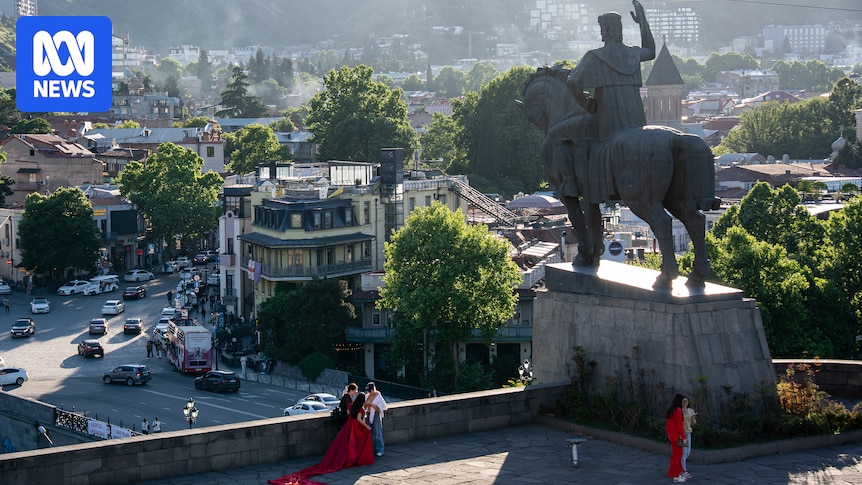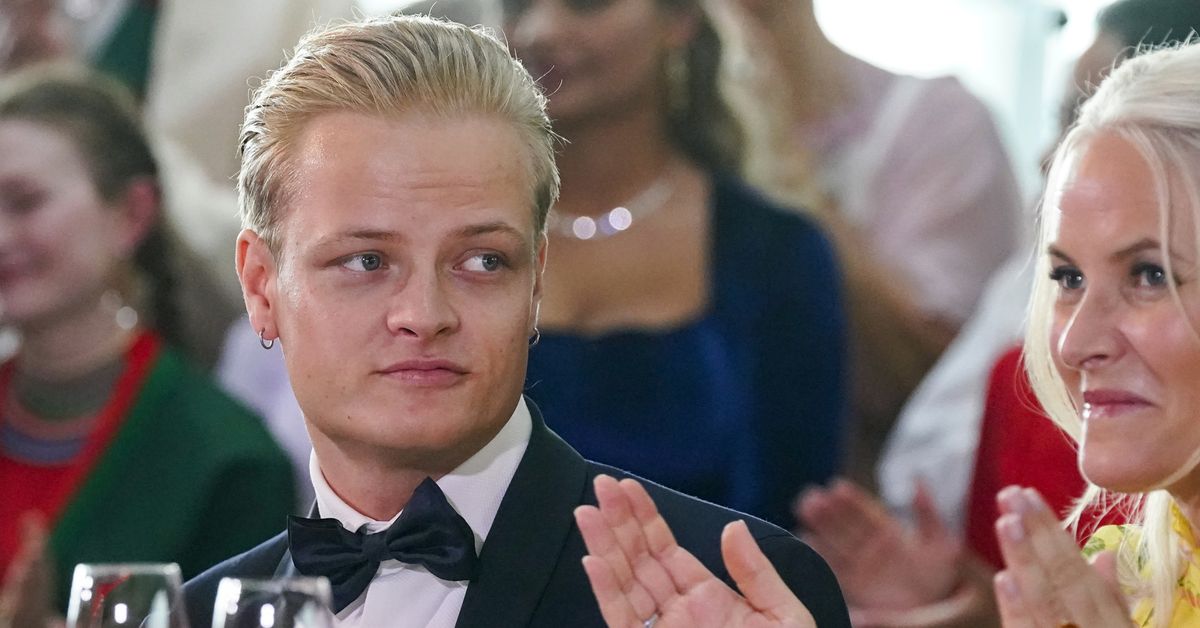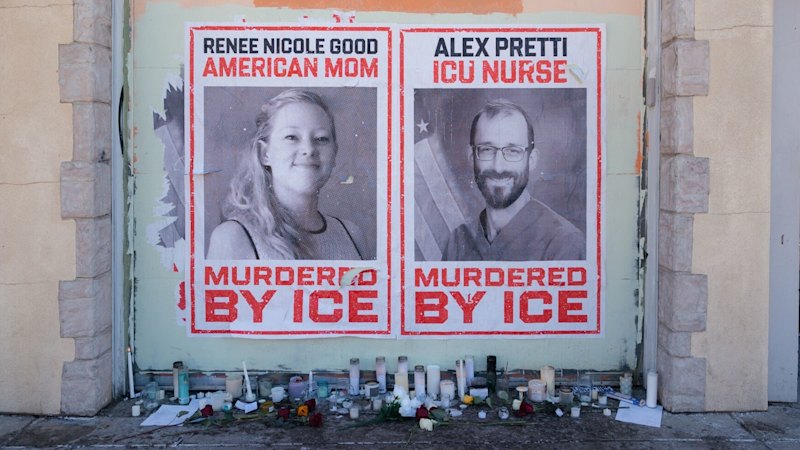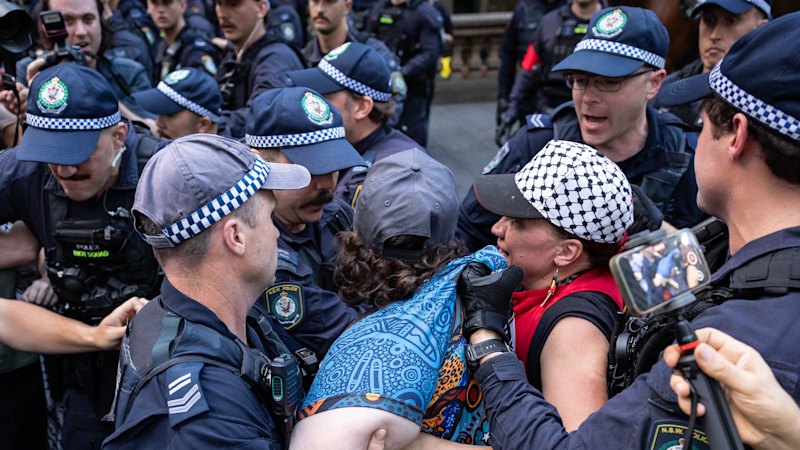
Zurab Japaridze, a prominent Georgian opposition politician, stood defiantly outside the parliament building in Tbilisi, surrounded by a sea of demonstrators. Many wore masks to evade the prying eyes of facial-recognition cameras, which could lead to fines exceeding $2,500. However, Japaridze, wearing only a baseball cap, had more pressing concerns. The following day, he was likely to face imprisonment.
“I had a feeling that sooner or later … they will start arresting politicians,” the 49-year-old father of three remarked. The “they” he referred to was the ruling Georgian Dream Party, which has been accused of authoritarian practices since its controversial election victory last year.
Once celebrated as a beacon of democratic progress and a potential EU member, Georgia has recently enacted stringent laws, withdrawn from EU discussions, and begun incarcerating dissenters. Japaridze attributes this abrupt shift to the influence of Russia. “It’s Russia,” he stated. “It’s Russia’s playbook.”
Georgia’s Russian Past and Present
Georgia’s geopolitical position, nestled between Europe and Asia and sharing a northern border with Russia, has long dictated its fate. After gaining independence from the Soviet Union, Georgia was invaded by Russia in 2008, with Moscow now controlling 20% of its territory in the regions of Abkhazia and South Ossetia.
The influence of Russia extends beyond geography. Bidzina Ivanishvili, the billionaire oligarch behind the Georgian Dream Party, amassed his wealth in Russia. Initially promoting a pro-EU agenda, Ivanishvili pivoted following Russia’s 2022 invasion of Ukraine, propagating theories of a “Global War Party” aiming to drag Georgia into conflict with Russia.
Under Ivanishvili’s influence, Georgian Dream has refused to sanction Moscow and has enacted laws mirroring those in Russia, including anti-LGBTQ+ legislation and a foreign agents law targeting NGOs and media.
Allegations of Russian Influence
Despite Georgian Dream’s denials of Russian influence, former President Salome Zourabichvili argues otherwise. She contends that Russia is experimenting with a “hybrid strategy” to control Georgia through election manipulation and propaganda.
“If it works here to the end, if it’s completely successful, it can be applied anywhere,” Zourabichvili warned. Critics draw parallels between Georgia’s trajectory and Belarus, where a pro-Russian dictator has allowed Moscow to stage military operations.
Jelle Postma, a former Dutch intelligence officer, underscores the urgency of the situation. “What is happening in Georgia should alarm the entire Western world,” he stated. Postma’s NGO, Justice for Prosperity, investigates how Russia exploits “family values” to expand its influence.
“What we see in Georgia is what you could say [is] a laboratory of hate,” Postma explained.
The Russian Playbook in Action
Georgia’s recent history reflects this playbook. In 2021 and 2023, far-right groups targeted LGBTQ activists during Pride Month, incidents that Postma argues were orchestrated to incite fear and consolidate power.
Georgian Dream has since enacted laws that critics claim stifle dissent and undermine democracy, targeting the LGBTQ community, journalists, NGOs, and political opposition.
“It means that there’s yet another confirmation that the playbook of hate works,” Postma said. “With more confidence and with higher skill level, it will be rolled out even further.”
A Georgian Nightmare
As the sun set over Tbilisi City Court, Zurab Japaridze stepped out for a cigarette. His hearing had dragged on for hours, and the outcome seemed bleak. “Whatever appeals we had, the judge said ‘no’ on every single [one] of them,” he told reporters, reflecting widespread concerns about judicial independence in Georgia.
His wife, Nata Koridze, stood by his side. “I’m so proud of him,” she said. “He’s definitely a man of principles, but it makes it very difficult to live in this country.”
By 6 p.m., the judge’s decision was clear: Japaridze was to be detained pre-trial. He was later sentenced to seven months in prison, the first of eight opposition figures jailed within two weeks, and barred from holding office for two years.
In a letter from prison, Japaridze urged European leaders to support Georgia. “The repression aims to crush resistance,” he wrote. “But it has only hardened our resolve.”
As Georgia navigates this tumultuous period, the world watches closely, aware of the broader implications of Russia’s alleged new strategy.





